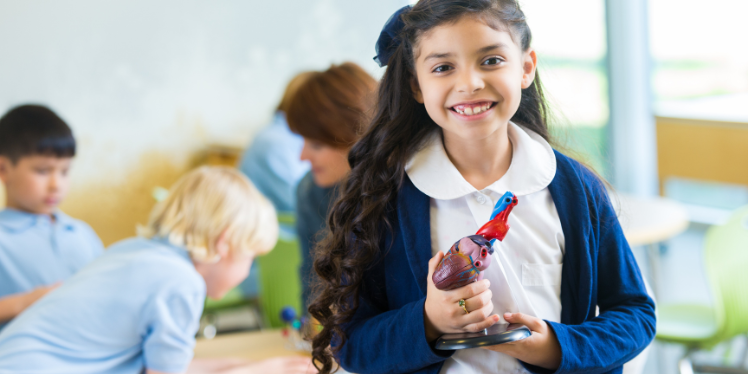Dr. Maria Montessori
Throughout her life, Dr. Montessori overcame adversity – enrolling in an all-boys technical school to pursue sciences, becoming one of the first women to attend medical school in Italy (where she graduated with honors), and pioneering her namesake educational method that is globally revered.
“The secret of good teaching is to regard the child’s intelligence as a fertile field in which seeds may be sown, to grow under the heat of flaming imagination.
Our aim is not only to make the child understand, and still less to force him to memorize, but so to touch his imagination as to enthuse him to his innermost core.
We do not want complacent pupils, but eager ones.”
Dr. Maria Montessori
Our Programs
Casa Montessori Program
Our Casa program is for Preschool, JK, and SK aged children (ages 21/2 to 5 years old) and has a well-rounded, comprehensive curriculum.
Lower Elementary Program
Our Lower Elementary program is an engaging 3-year learning cycle covering grades 1, 2, and 3 and caters to children ages 6-8 years old.
Summer Camp Program
Our Fun In The Sun Camp program, offers children 4 to 9 years old the opportunity to explore art, music, drama and sports through weekly themed and enriching activities.
Our Location
Address:
2379 Trafalgar Road, Unit 6 Oakville, Ontario L6H 6K7
Phone: 905-257-5955
Email: admin@trms.ca
TRMS is located in the Trafalgar Ridge “HomeSense/Winners” Plaza near the junction of Trafalgar Road and Dundas West (HWY 5).
We’re minutes from Highway 403’s exit on Dundas West; north of the QEW exit on Trafalgar; and south of Highway 407.



